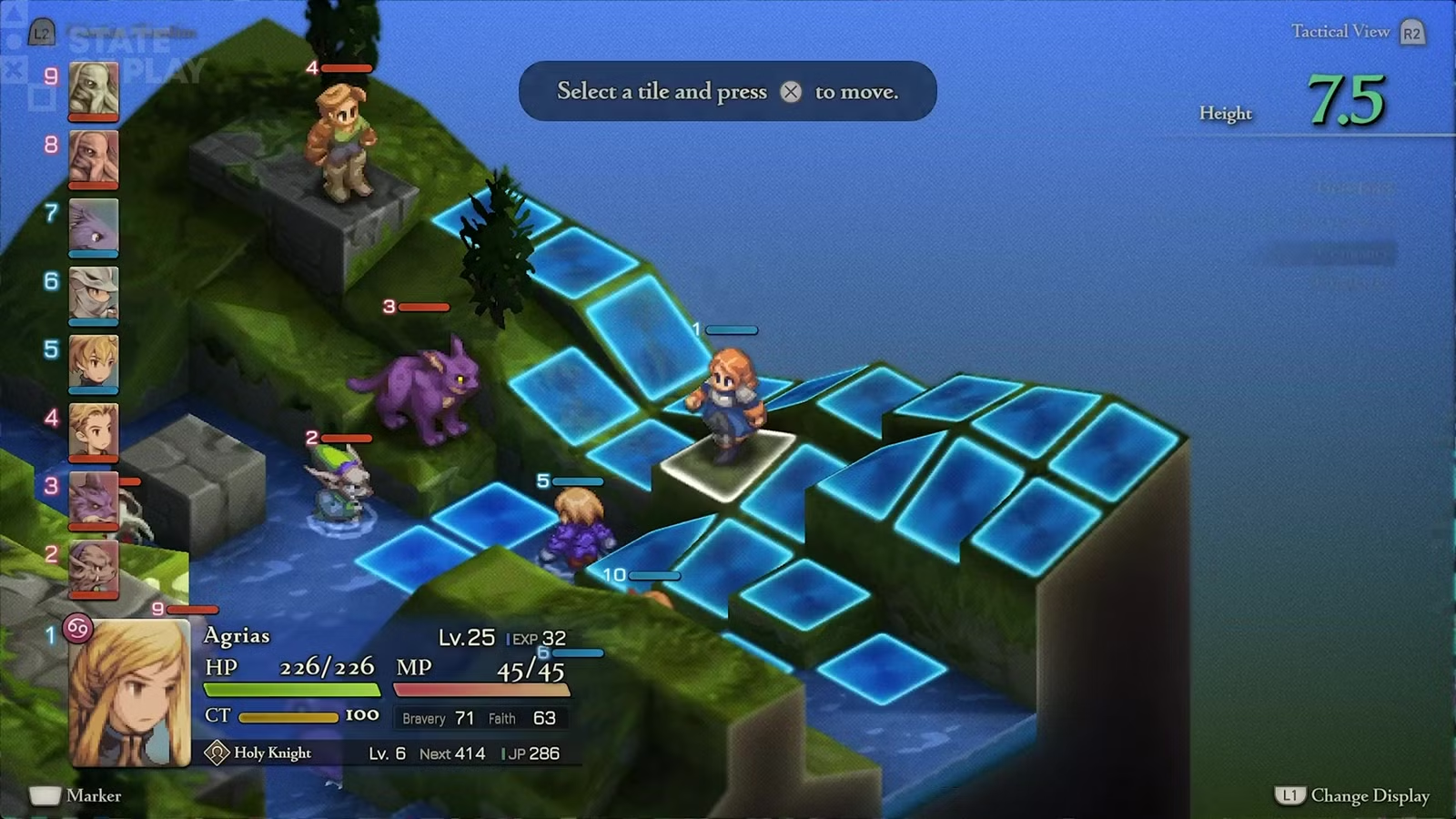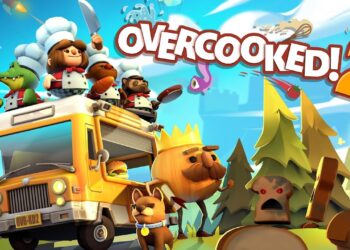Word games have always had a way of capturing our attention. From classic crosswords to the global phenomenon of Wordle, people love challenging their minds with puzzles that mix logic, vocabulary, and just a hint of luck. But when Wordle became too easy for hardcore players, something new emerged to raise the stakes: Octordle.
This mind-bending twist requires you to solve not one but eight words at once, using the same set of guesses. And if you’ve ever tried it, you know how quickly the screen fills with letters, possibilities, and confusion. That’s where the power of an Octordle Hint comes in—helping players untangle the chaos and sharpen their strategies.
In this article, we’ll explore the world of Octordle, the thrill of its gameplay, the psychology behind its challenge, and the smart ways to use hints without ruining the fun.
What Makes Octordle Different?
At first glance, Octordle looks like a Wordle board on steroids. Instead of one 5-letter word grid, you’re staring at eight stacked puzzles. Every guess you type affects all eight words simultaneously.
This simple twist changes everything:
- Mental juggling: You must track multiple outcomes in parallel.
- Strategy balance: A guess that helps one board may waste a slot on another.
- Time pressure: Players often set personal timers, adding to the adrenaline.
The result? A game that feels more like a marathon than a sprint. Each move is packed with tension, and mistakes are harder to recover from.
Why People Seek an Octordle Hint
The need for an Octordle Hint comes from a unique frustration players face. Imagine guessing “CRANE” and watching eight different patterns of green, yellow, and gray appear at once. One board looks promising, another looks impossible, and suddenly your brain is in overdrive.
Hints serve three purposes:
- Clarity in chaos: Narrowing focus when boards feel overwhelming.
- Confidence boost: Encouragement for players on the verge of giving up.
- Learning tool: Helping players spot patterns and refine future strategies.
Hints don’t necessarily give the answer. Instead, they act like a gentle nudge, guiding attention toward a smarter guess.
The Psychology of Multi-Board Puzzles
Octordle isn’t just about vocabulary—it’s about cognitive endurance. When tackling multiple boards:
- Working memory is stretched: You’re forced to hold several possible words in your mind at once.
- Pattern recognition kicks in: Your brain learns to spot overlapping letter positions across boards.
- Stress rises—but so does satisfaction: Solving all eight brings a unique rush that’s more rewarding than a single win.
Psychologists would argue that Octordle works much like brain training exercises, strengthening memory, attention, and problem-solving. No wonder so many people get hooked.
Octordle Hint and Strategy Essentials
When people talk about using an Octordle Hint, they often mean more than just an answer key. It’s about applying methods and insights to approach the game more effectively. Here are some tried-and-tested strategies:
1. Start Broad, Then Go Narrow
Open with versatile words that cover common letters (like “SLATE” or “CRONE”). These spread across all boards, giving you maximum data early.
2. Manage the Easy Boards First
Some puzzles will reveal themselves faster. Lock them in early, so you can devote brainpower to the tougher ones.
3. Use Letter Mapping
Pay attention to how certain letters appear across multiple boards. For instance, if three puzzles confirm “T” in the second spot, your next guesses should test letters around that anchor.
4. Don’t Fear Sacrificial Guesses
Sometimes you’ll use a word not to solve but to gather information. A guess like “DOUGH” might confirm or eliminate several letters at once.
5. Embrace Patience
Unlike Wordle, Octordle rewards slow, deliberate thinking. A rushed guess can ruin momentum across all boards.
The Evolution of Word Games and Octordle’s Place
Octordle represents a natural step in the evolution of digital word games. Just as chess has variants like blitz or 960, word puzzles are branching out into formats that push players further.
- Wordle made word games mainstream again.
- Quordle doubled the challenge.
- Octordle took it to the extreme.
Each iteration shows the appetite people have for pushing limits. And as competitive communities grow, so does the need for tips, guides, and yes—hints.

Balancing Fun and Assistance
One of the ongoing debates in the Octordle community is whether using hints diminishes the joy of solving. Purists argue that hints make victories hollow. Others believe they keep the game accessible, preventing frustration from overshadowing fun.
The truth likely lies in balance:
- Use hints sparingly: As a lifeline, not a crutch.
- Focus on learning: Notice what the hint is teaching you about letter placement or word structure.
- Celebrate progress, not perfection: Even solving six out of eight can be a win.
Storytelling from the Octordle Experience
Consider this: A player named Mia sits down with her morning coffee, determined to beat Octordle before work. Her first word gives her scattered results—two greens on one board, a lonely yellow on another. By her fifth guess, she’s confident about half the puzzles but completely stuck on the others.
She decides to take an Octordle Hint for one stubborn board. Suddenly, the fog clears. The hint doesn’t give her the exact word but points her toward an uncommon consonant combination. Within minutes, she locks in the answer. Riding that momentum, she sweeps through the final puzzles.
For Mia, the hint didn’t spoil the fun. It turned frustration into triumph, making her morning routine feel like a small but powerful victory.
The Role of Community and Shared Hints
Octordle isn’t just a solo experience—it thrives on community. Online forums, chat groups, and social media threads buzz with players sharing strategies, frustrations, and daily scores. Hints are often exchanged like friendly advice, not cheats.
This culture of sharing reflects the collaborative side of gaming. While competition drives many players, camaraderie often keeps them coming back. A single hint from a stranger might spark an “aha” moment that turns a tough session into a memorable win.
Advanced Techniques for Mastering Octordle
For players seeking mastery, hints are only part of the journey. Advanced techniques include:
- Letter Frequency Awareness: Knowing which letters dominate English words can sharpen guesses.
- Syllable Testing: Trying combinations that match natural English phonetics can reveal hidden options.
- Elimination Chains: Using one board’s confirmed letters to inform another’s possibilities.
These strategies turn Octordle from a casual pastime into a genuine mental workout.
Why Hints Don’t Ruin the Game
It’s worth emphasizing: hints are not shortcuts to laziness. Instead, they’re tools for learning. Think of them as the digital equivalent of asking a crossword buddy for help on a tricky clue. They expand your perspective, making future rounds smoother and more intuitive.
And because Octordle demands eight solutions, a single hint rarely solves everything. It simply keeps you moving forward when your brain stalls.
Conclusion
Octordle isn’t just a puzzle—it’s an experience that tests patience, strategy, and linguistic creativity. And while it can feel overwhelming, the right Octordle Hint can transform frustration into discovery.
The beauty of Octordle lies in its balance of chaos and clarity. Each board is a battle, but together, they form a war of words that rewards persistence and cleverness. Whether you play casually with the occasional hint or tackle it fiercely with pure logic, the essence remains the same: joy in solving, pride in progress, and the thrill of outsmarting the grid.
In the end, hints are not about spoiling answers. They’re about lighting the path when the puzzle feels too dark to navigate alone. And with that gentle guidance, Octordle becomes more than just a game—it becomes a daily reminder of how resilient, resourceful, and endlessly curious our minds can be.















